Redevelopment will improve accessibility and add facilities
Coffey Architects has won planning consent for the redevelopment of the London Irish Centre’s historic home in Camden.
The London Irish Centre has been operating since 1955, offering social, community and cultural programmes to the capital’s Irish diaspora. The redevelopment project has the backing of singer Ed Sheeran and broadcaster Dermot O’Leary as well as the Irish ambassador.
Coffey Architects was appointed last summer. Covid-19 has delayed the project but it won unanimous planning from Camden council this month.
The fully accessible 45,000sq ft scheme will consolidate a number of buildings includes a new community café and kitchen, a large multi-function venue, a wellbeing centre which will offer mindfulness, meditation and yoga sessions, a therapy garden and a shop.
Phil Coffey, director of Coffey Architects, said: “The new building represents a real opportunity to bring people together and to engage in the social meaning of architecture. We are looking forward to delivering a home for the Irish community in London that represents a beacon of hope, joy, and good spirit during these difficult times.”
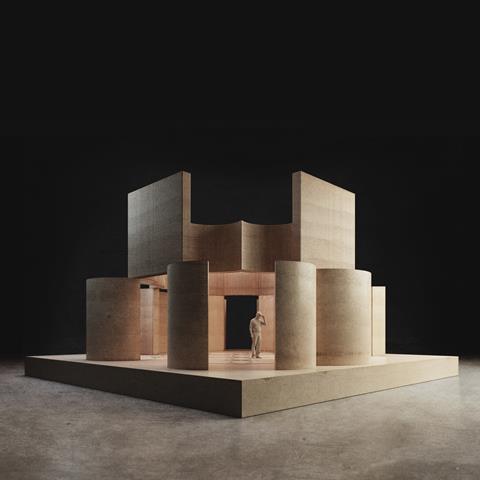
Chief executive Ellen Ryan said the views of stakeholders who took part in the consultation were “represented throughout the design”.
The current building was severely compromised by a lack of accessibility, multiple and confusing entrances, security concerns and event management challenges, she added.
“It is a hugely inefficient at a time of gathering climate crisis and dilapidated building with high maintenance costs which can no longer serve its vision and mission. It is no longer fit for purpose.
“We are particularly delighted to consolidate our roots in Camden. The borough is a place of great significance to the Irish in London and we are very pleased to be investing in its future here.
“Covid-19 has brought challenges, but we have managed to pivot to deliver some of our services online or in different ways. In the longer-term, we would like to move towards a hybrid model of a redeveloped centre, along with enhanced online programmes and services.”


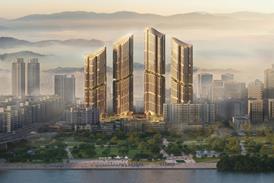
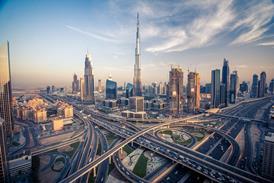
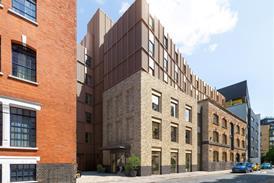




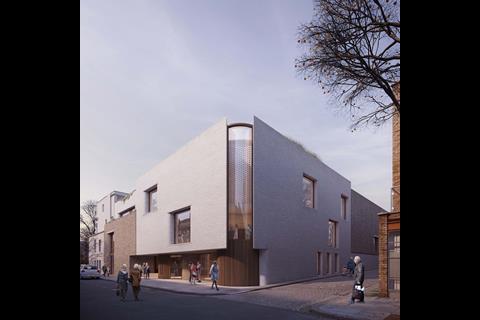
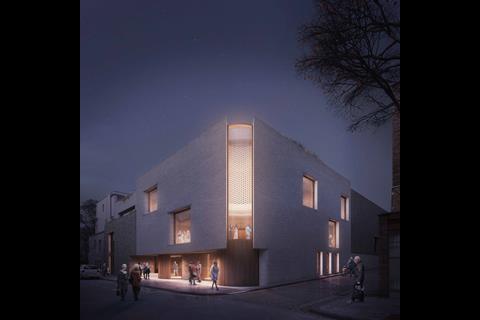
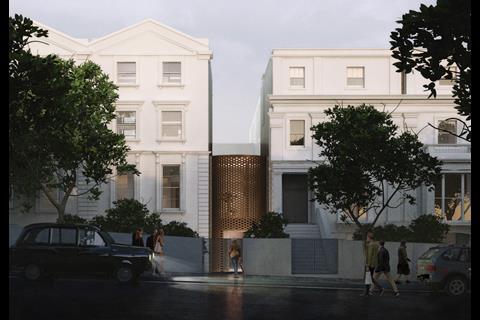
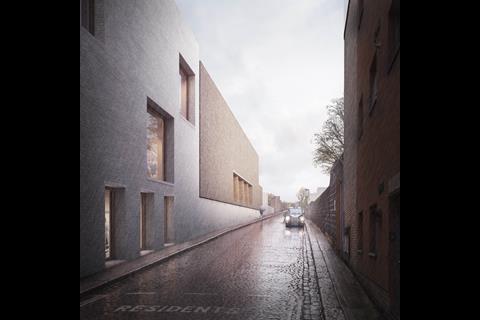
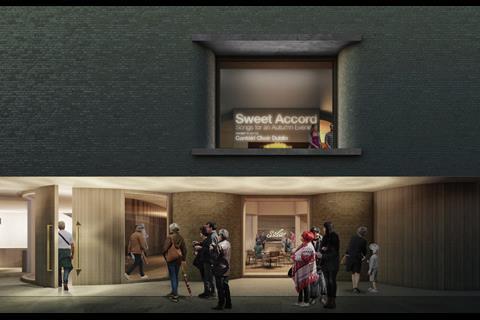

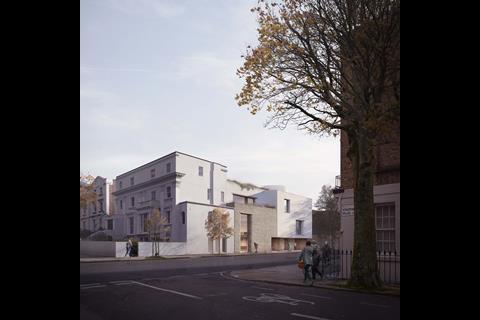



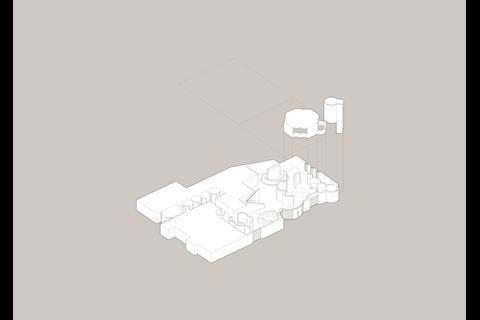
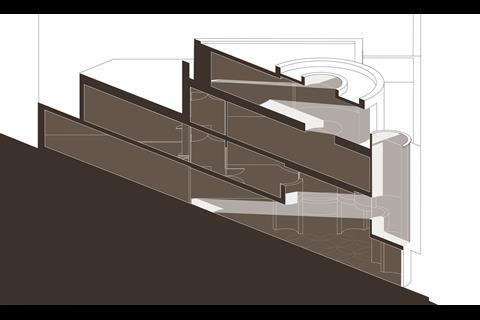
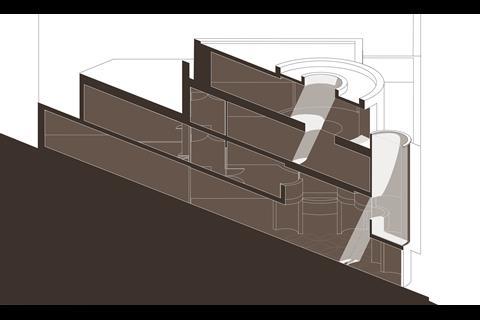
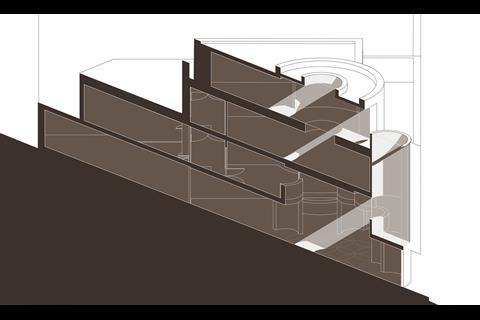







No comments yet